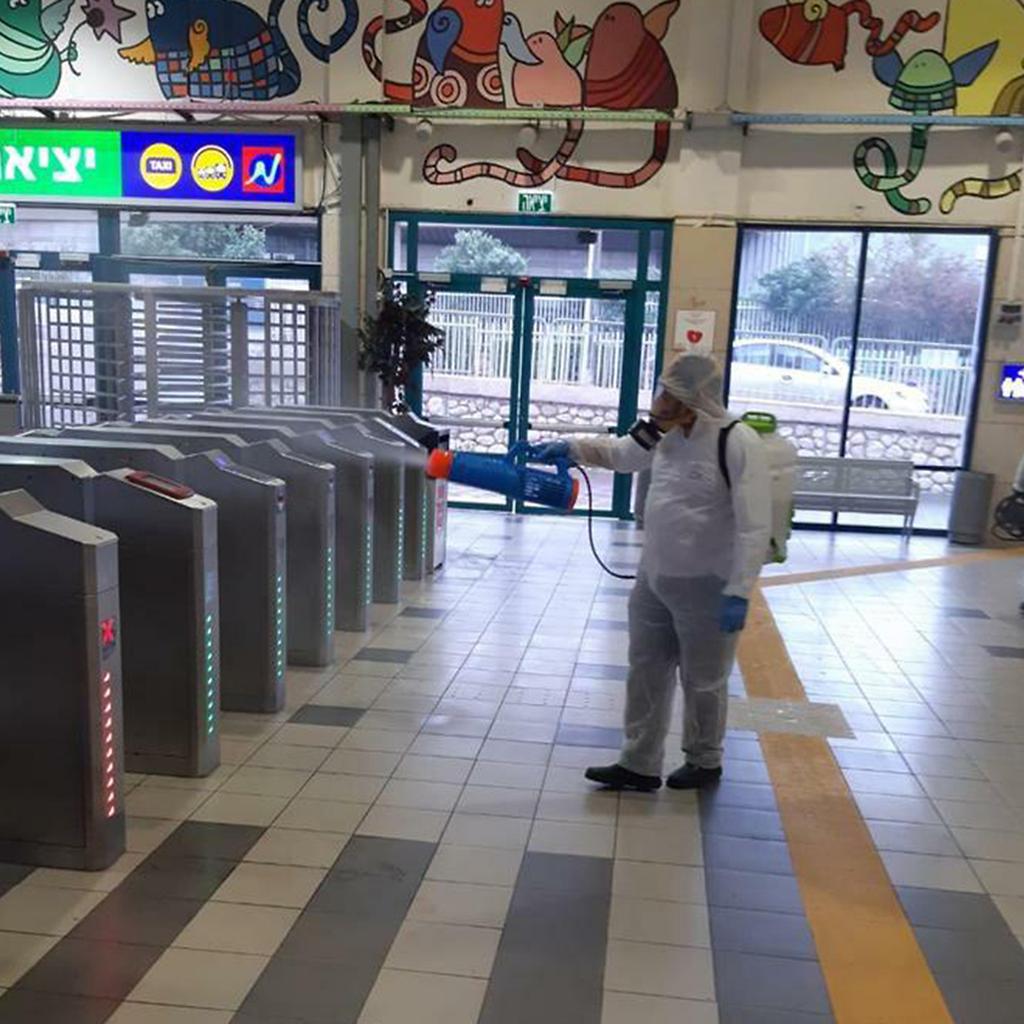Prime Minister Benjamin Netanyahu announced in a televised statement on Monday a set of new restrictions on the economy aimed at fighting the coronavirus.
The government will approve emergency regulations that will allow authorities to use digital means to track down the location of patients.
Netanyahu said that such an act would only be valid for 30 days to protect individual rights.
The public sector will operate in a reduced "emergency format" and up to 80% of staff will be placed on paid leave until after the Passover holiday.
Private firms will also have to leave 70% of their workforce at home. The Health Ministry will allow certain industries to maintain a wider workforce
Essential services such as supermarkets, banks, health facilities, etc. will stay open.
Public transportation will continue, but with some changes. The premier did not specify what those details will be, but they will be announced on the Transportation Ministry's website.
Netanyahu also said that Israel will not impose a general lockdown for the time being, but may close off specific areas with a large number of cases of the pathogen.
These new directives join a series of emergency regulations approved on Sunday by the government to deal with the outbreak of the coronavirus, among them a NIS 5000 (roughly $1,360) fine for individuals who are found violating quarantine.
According to the regulations, police and local authorities can impose administrative fines on individuals who violate quarantine or the Health Ministry's guideline that forbid mass gatherings.
A NIS 5,000 fine will be imposed for violating isolation obligation and leaving quarantine prematurely.
A NIS 3,000 fine will be imposed for failing to report to the Health Ministry about entering quarantine or failing to report arrival from abroad.
A NIS 5,000 fine will be imposed for violating a police officer's order to disperse a mass gathering.



